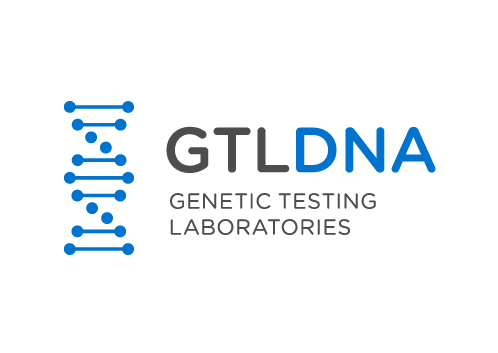The UK has decided to drop its policy of identifying refugee and asylum seeker nationalities by using DNA tests. The recently developed DNA identification project was due for internal review but this is now suspended.
The reason for the abandonment of this project is down to the lack of backup from scientists. It has been claimed the tests, which were hoped to provide information to the UK Border Agency about a person’s country of origin, actually offered little in the way of solid proof.
In addition to testing genetics, the identification project also dabbled with using isotope analysis of nail and hair samples. The composition of these samples was claimed to provide information about places frequented by a person. However, the tests were only able to provide clues about a person’s recent dwellings.
The lack of conclusive evidence from the DNA tests and isotope tests has been taken positively by those offering support to asylum seekers and refugees trying to enter the UK. Donna Covey, a chief executive of the Refugee Council was happy to see the tests abolished. She commented that the tests showed insensitive behaviour from the UK Border Agency towards asylum seekers and refugees. She also felt strongly that these people should be treated with dignity and not bullied into taking unreliable tests.
DNA Tests for Refugees
Britain has a very large DNA database, with over 5 million collected samples on file. This has proved very positive in helping to fight crime and terrorism. For asylum seekers to be taking DNA tests however gives the disturbing impression they are being pre-labelled as criminals. British officials argued when the project was first piloted in 2009 that the testing was voluntary and a means to prove suspect applicants were telling the truth, thus helping them gain entry into the country.
The UK government initially believed DNA testing of refugees or asylum seekers would provide evidence of origin for a large range of people from different nations. They tested individuals from countries including Ethiopia, Kenya, Somalia, Sudan and Uganda. It is not uncommon for people to feel pressured to lie about their country of origin when there is a strong preference to grant asylum to those from unstable and repressive countries such as Somalia or Sudan. People from chaotic nations are often persecuted for their religion, sexual orientation, race or political views, making them eligible asylum seekers.
John Harris, a Human Genetics Commissioner and bioethics lecturer at the University of Manchester, was interviewed for his views on this DNA testing of immigrants. He felt the project was one big expensive mistake because the DNA tests were always going to be flawed and could never be relied upon as conclusive evidence. He also expressed feelings that scientific tests are often taken as gospel and deemed foolproof to the extent it can become difficult to challenge their validity.
Contact GTL now for more information about DNA tests on 0333 300 3130 or email us at info@gtldna.co.uk.
